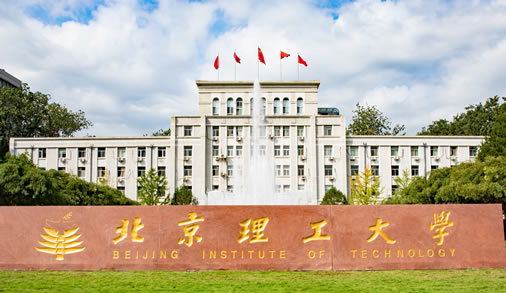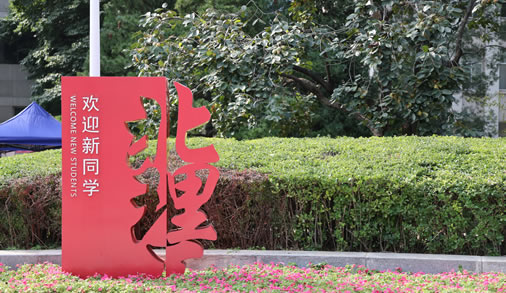

Updated: 2023-10-26
The School of Cyberspace Science and Technology, established in 2020, aims to become a world-class institution with Chinese characteristics in the field of cyberspace security, serving China's national strategy and implementing the overall national security concept.
The school's discipline of cyberspace security was granted the authority in 2016 to confer doctoral degrees in this field, making it one of the first institutions in China with that capacity. It also has a postdoctoral station, which was established in 2019, again one of the first in the country.
The school focuses on big information security and has five discipline directions as its key development areas. These are electromagnetic space intelligence context, social governance Internet of Things, space-air networks and secure communications, basics of cyberspace security, and cryptography and its applications. These directions cover both cyber and electromagnetic spaces, creating a comprehensive framework for "Big Security".
The school offers three undergraduate programs: information countermeasures technology (a national-level first-class program), cyberspace security, and cryptographic science and technology.
The school focuses on cultivating talents and integrates technology innovation and education through the SPACE+X program. It offers bachelor's, master's, and doctoral degree programs, including the "Bachelor-Master-Doctor Talent Class".
It has developed a "Big Security" curriculum system with 12 core courses, and has been recognized for its innovative teaching methods. It has also been selected as a pilot project for virtual teaching and research laboratories and has received a first prize in teaching achievement.
The school promotes the transformation of scientific research into practical resources through innovation and entrepreneurship, subject competitions, and training programs for college students.
Over 60 percent of full-time teachers directly participate in cultivating innovation and entrepreneurship abilities in lower-grade undergraduate students. In the past two years, the school has won awards including the "Challenge Cup" Special Prize, the silver medal in the 7th "Internet+" Competition, and the first prize in the National College Students' Information Security Competition.
The faculty at the school is led by academicians Wang Yue, Wang Shafei, and Zhang Jun. There are nearly 90 staff members, including 58 full-time teachers and 37 doctoral supervisors. The faculty includes more than ten talents at the national and provincial levels, forming a high-quality teaching team with leading academic talents and young backbone teachers.
The school is actively engaged in fundamental, forward-looking, innovative, and strategic research in various areas, such as network attack and defense, high-security communication, high-trust software, public chain security, cognitive electromagnetic countermeasures, and social governance. Researchers in those areas undertake numerous important scientific tasks, ranging from national key research and development programs to National Natural Science Foundation key projects and civil aerospace projects. Their work has yielded remarkable results in terms of technical advancements and theoretical breakthroughs. In 2021, the school was awarded two first prizes at the provincial and ministerial level for technological inventions. It has played a pivotal role in supporting national major strategic research and major decision-making processes.
The school promotes platform construction and currently co-administers the National Engineering Laboratory for Key Technologies in Network Security, the State Key Laboratory of Cognitive and Intelligent Control in Electromagnetic Space, and the National Key Laboratory of Space-Based Intelligent Information Processing, and leads the construction of the Ministry of Industry and Information Technology Key Laboratory for Social Governance Intelligent Networking Technology, the Ministry of Education Key Laboratory for Security and Game in Air and Space Information Networks, and the Beijing Key Laboratory of Software Security Engineering. These are four provincial and ministerial-level platforms.
The school actively participates in governmental platform construction, such as the Expert Committee for Commercial Password Application of the Ministry of Industry and Information Technology and the Industrial Promotion Alliance for Commercial Password Application of the Ministry of Industry and Information Technology. It has also established partnerships with organizations such as China Satellite Network Group Co, China Telecom, and Qi'anxin.
Furthermore, it attaches great importance to the Yangtze River Delta Research Institute for Network Security and Information Confrontation Innovation and the Frontier Technology Research Institute (Ji'nan) for Social Governance and Smart Society Innovation Platform, which aim to strengthen industry-university-research cooperation and contribute to regional economic and social development.














